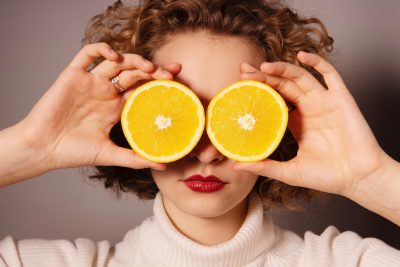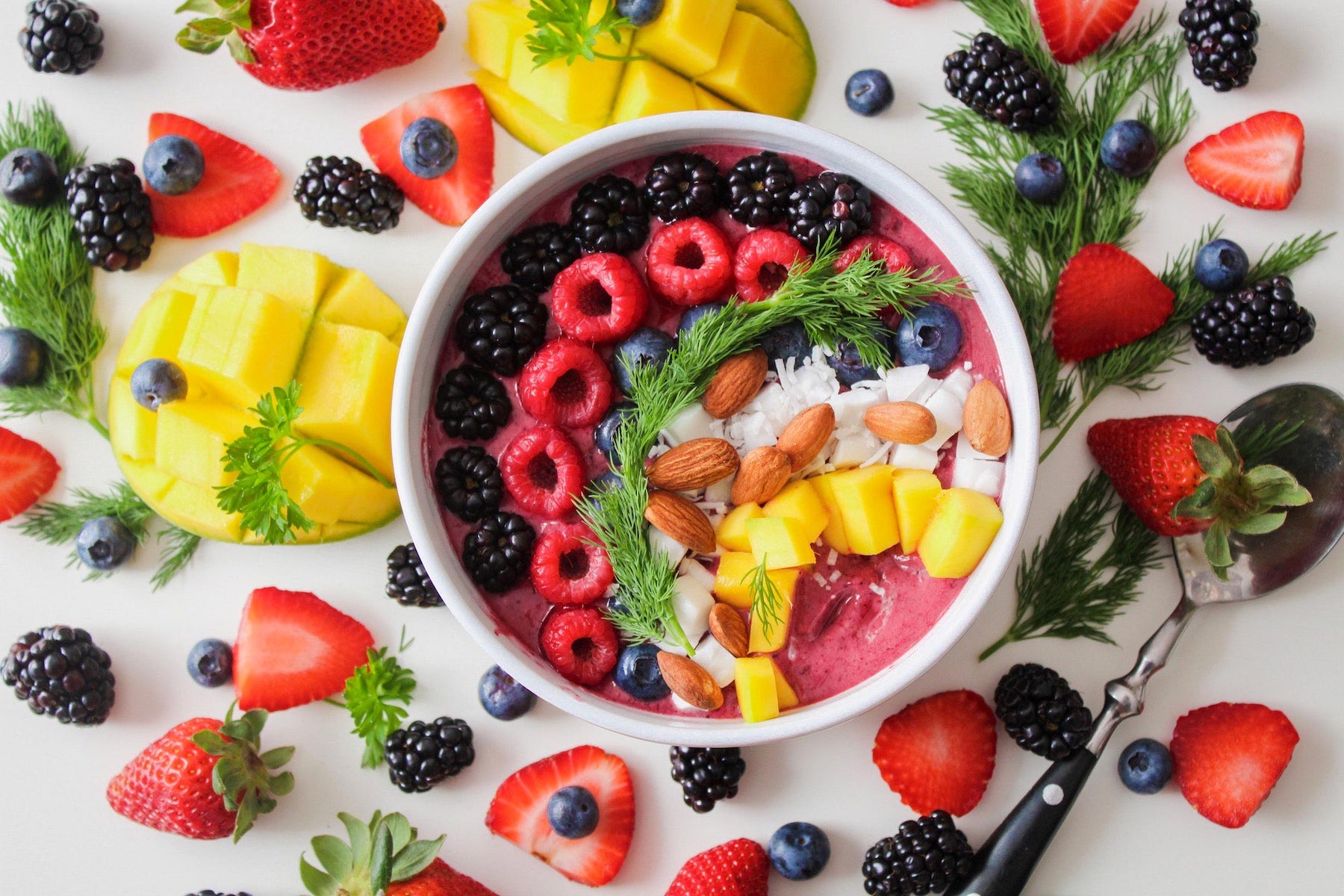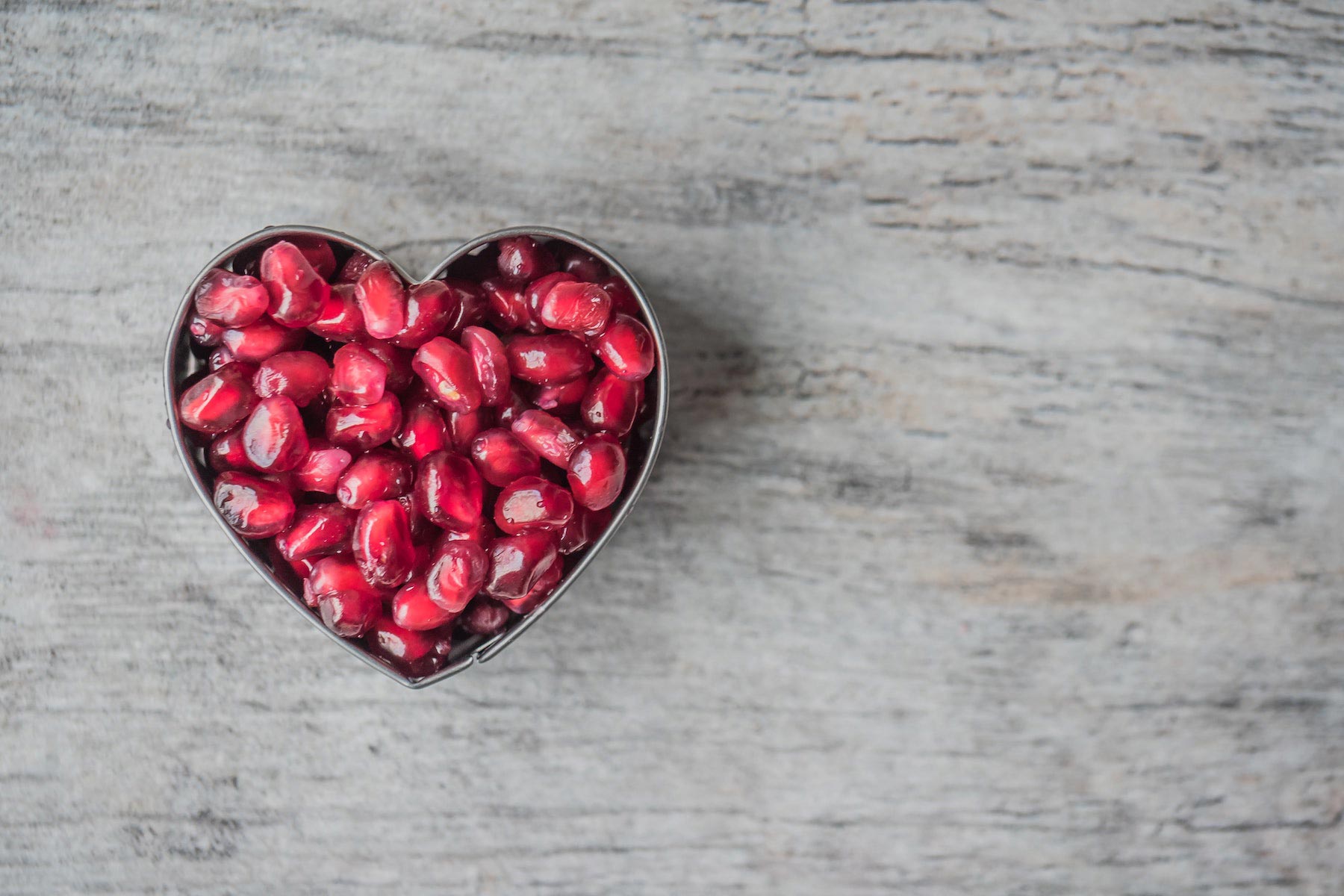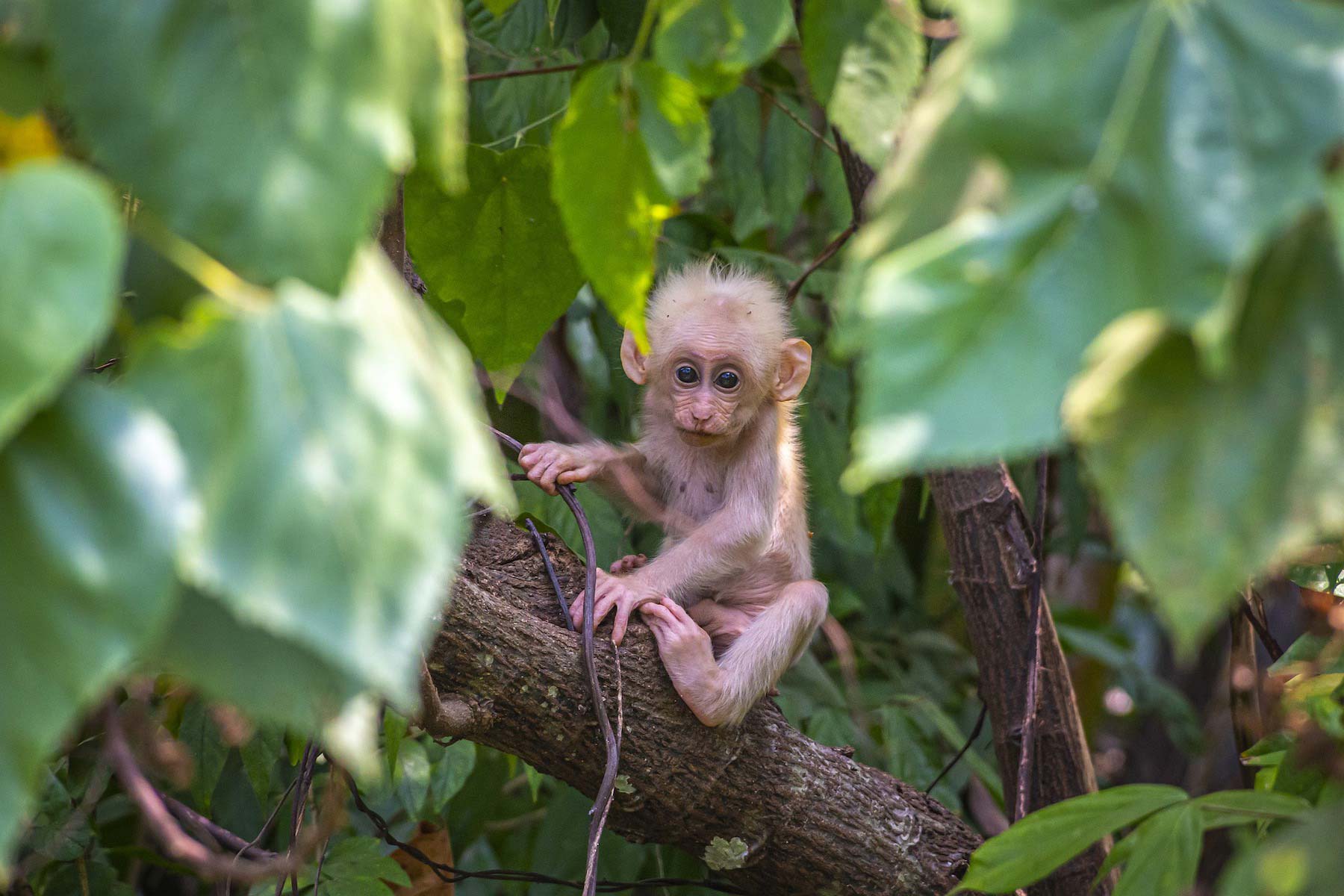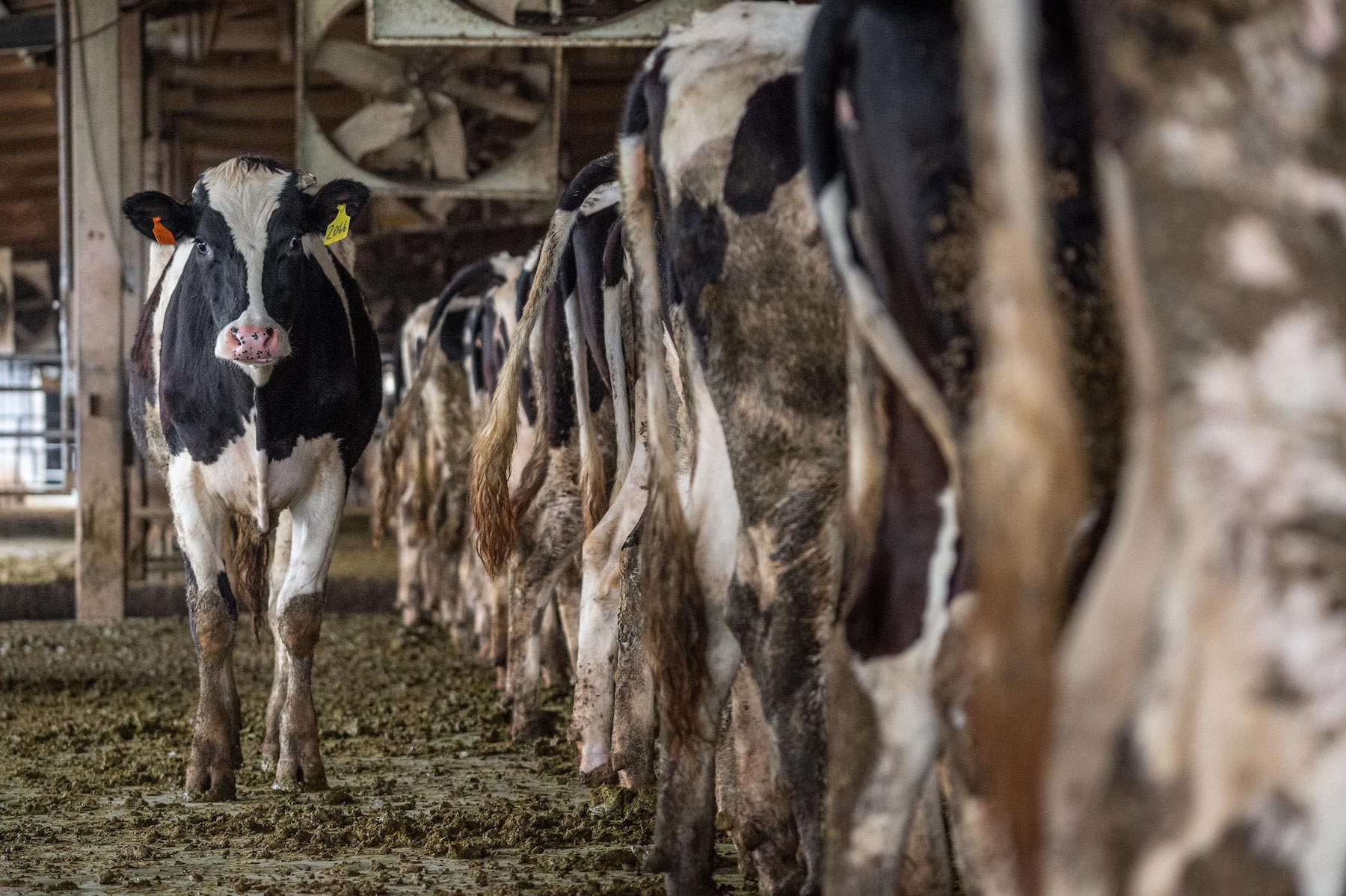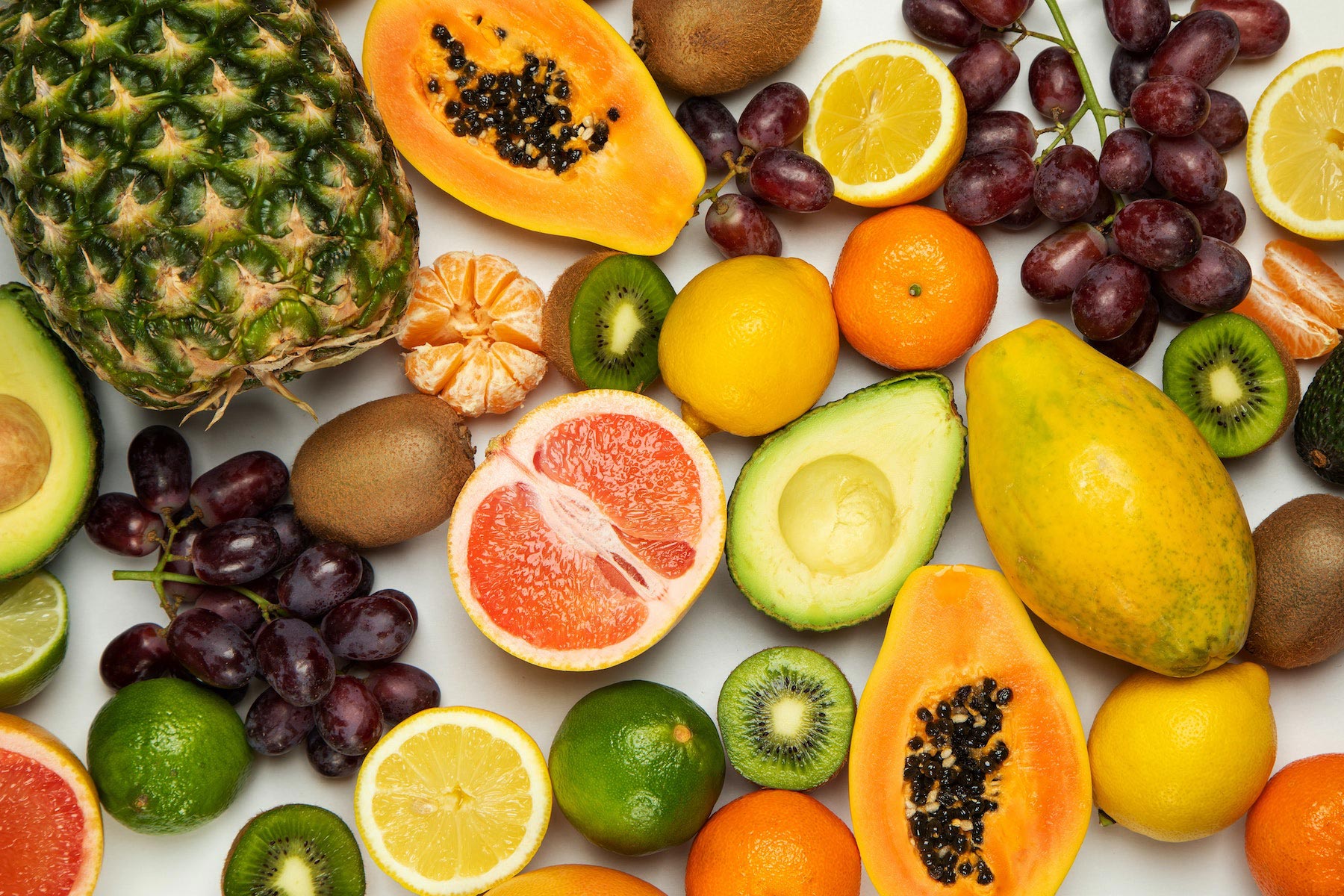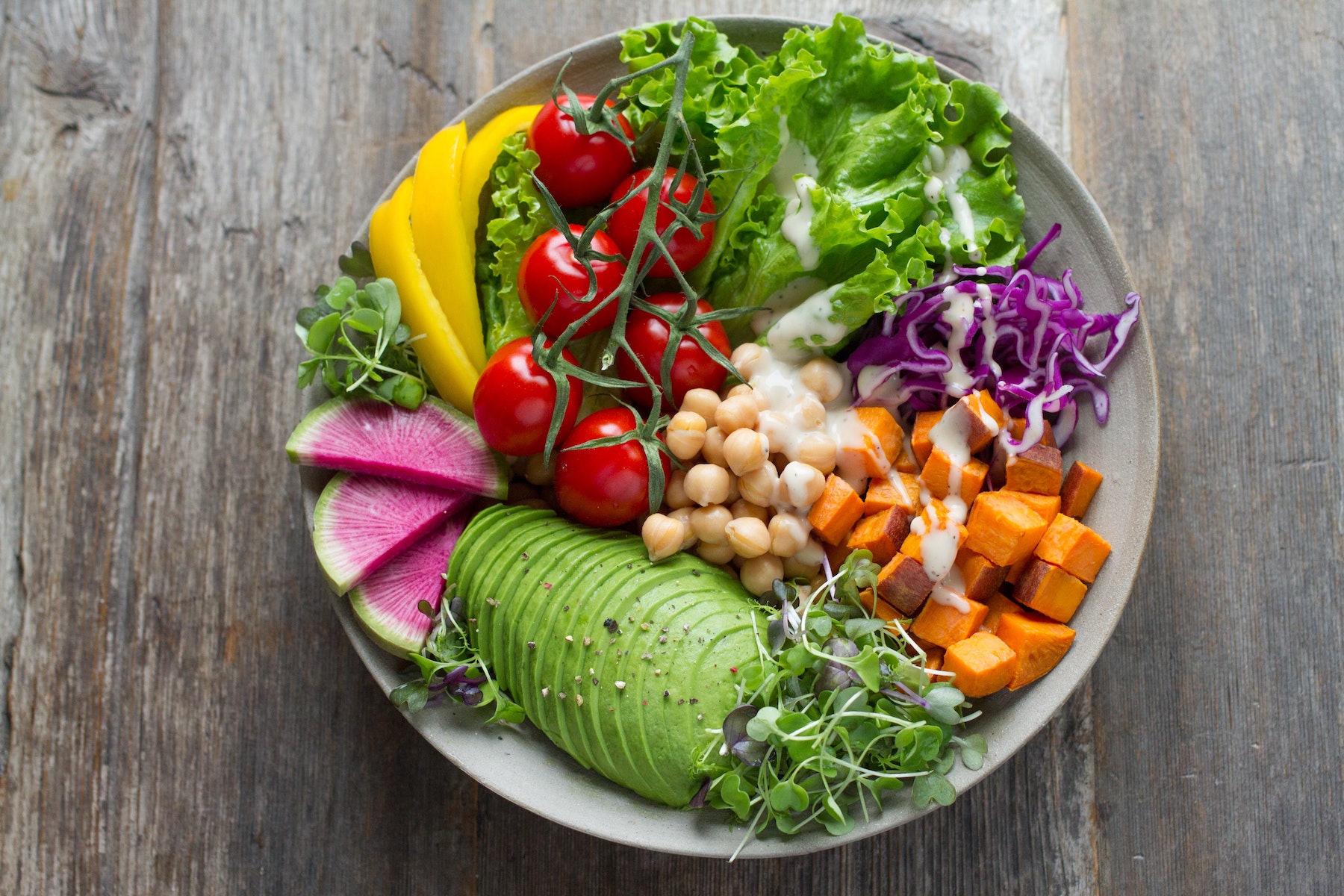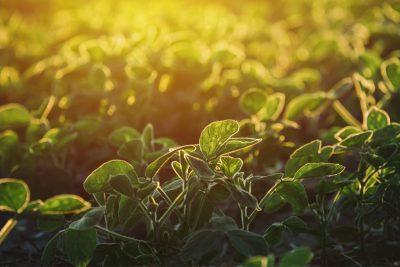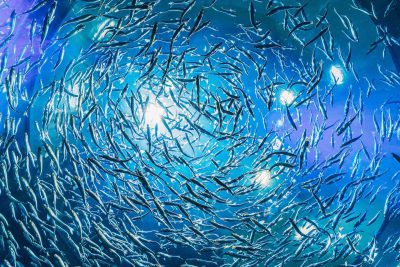Estimated reading time: 12 minutes
People all over the world are choosing to become vegan, and each has their own reason for doing so. For some, it is about optimising their own health, reducing their long-term disease risk or just feeling “better” in themselves. For others, it is more to do with reducing their environmental impact or that they do not wish to fund factory farms and slaughterhouses. For some, it is all these reasons and more! There is no wrong reason to try vegan, and so much to gain from making the change.
What Is A Vegan Diet?
This is a diet that contains no animal products at all. So it excludes meat, fish, eggs, dairy and honey, but includes the wealth of vegetables, grains, fruits, herbs, nuts, seeds, legumes, salads and the thousands of products made from them. It is also called a “plant-based diet”, but when people choose it for ethical reasons, this dietary choice sits within a broader movement of compassion for animals, the planet and the wider world.
What Is The Difference Between Vegan And Vegetarian?
Vegetarians eat no meat or fish, but will still consume eggs and / or dairy. Vegans don’t eat any product from animals, because it always causes harm to them.
Health Benefits Of A Vegan Diet
There are so many potential health benefits to being vegan, and they range from improvements that can happen within days or weeks – such as better skin, digestion and sleep – to truly astounding long-term benefits including a reduced risk of type 2 diabetes and heart disease.
The Vegan Glow
It’s long been known that dairy is associated with skin conditions like acne, psoriasis and eczema. Obviously, those who experience these conditions can find huge improvements in their skin when they quit dairy and instead choose from the delicious range of plant milks, yogurts and cheeses. But it’s not just those with existing skin complaints that see improvements. When we put plants front and center in our diets, all those antioxidants from eating more fruits and vegetables nourish our skin and give us what many people call “the vegan glow”.
Digestive Benefits
Dairy is also associated with digestive troubles and that’s not all that surprising when you consider we are drinking the milk intended for the baby of another species. Almost 100 percent of people with Asian, African and Native American ancestry develop an intolerance to lactose (the sugar in milk) by the time they are adults. In black communities, the rate is over 70 percent. Gastroenterologist Dr Angie Sadeghi says that milk is “such poison to our gut” so everyone – not just those who experience bloating, abdominal cramps, diarrhea or other digestive upsets – would do well to avoid it.
Ditching dairy is one digestive benefit of going vegan but the increase in consumption of plant foods is another. Plants contain natural probiotics, prebiotics and antioxidants which nourish and support our gut biomes, and keep us healthy inside and out.
Sleeping Soundly
During sleep, our bodies and minds recharge, which helps us function optimally and protects our long-term health. Without sufficient sleep, our immune systems become compromised, we are more prone to heart disease, stroke, and type 2 diabetes, and we may also experience mental health problems. Getting enough sleep is essential to our wellbeing and yet for so many of us, it proves elusive.
There are lots of ways we can improve our chance of sleeping better but it is curious that so many new vegans say it comes automatically when they adopt a plant-based diet. Research indicates that diets that are rich in fiber and low in saturated fats lead to deeper, more refreshing sleep, so perhaps that is the reason. Maybe, improvements in digestion help. Maybe, knowing your diet is the best choice for animals and the planet removes a layer of anxiety you didn’t even know you had. Whatever the reason, it’s got to be worth a try!
Diabetes Is Not Inevitable
Type 2 diabetes is increasingly common, extremely serious and can ruin lives. But it is not inevitable. It runs in families only because diets and lifestyle choices run in families. That means we can prevent, halt and even reverse this disease with simple lifestyle changes. Eating a plant-based diet can control blood sugar three times more effectively than the recommended diabetes diet. Participants in one study experienced dramatic improvements within weeks, and eating a whole food plant-based diet is now at the center of many diabetes-management programs.
Hearts Love Plant-Based Foods
Nothing kills more Americans than heart disease and stroke. More than 868,000 Americans lose their lives to these conditions every year but it doesn’t have to be this way. We know how to give our hearts the best chance to keep on beating, and eating a whole food plant-based diet is a significant part of the answer.
Fruits and vegetables are our heart’s heroes, and the more we eat the better. Five servings of vegetables a day lowers the risk of heart disease and stroke a little, but if we eat ten servings a day, we can reduce our risk of cardiovascular disease by 28 per cent, and premature death by 31 per cent.
Meat Causes Cancer
In 2015, the World Health Organization was sufficiently satisfied with the weight of evidence to state categorically that all processed meat causes cancer and all red meat is “probably carcinogenic”. When we cook any meat at high temperatures, such as when we grill, fry or roast meats, chemicals known as heterocyclic amines form, and these are also linked to an increased cancer risk. And it’s not just meat. Research suggests a link between high milk intake and prostate cancer and breast cancer. Cutting these products out of our diets can only be a good thing.
On the other side of the coin, eating plant-based foods has been shown to be cancer-protective. Research shows that those who eat a healthy vegan diet have “a marked reduction in mortality and age-adjusted incidence of many cancers common in Western society. These cancers include breast, prostate, colon, pancreas, ovary, and uterine endometrium cancers.”
Mental Health Benefits Of Being Vegan
We know that diet plays a key role in depression and mood. Studies show, for example, that eating too much sugar, processed meat, fried foods and high-fat dairy products could be associated with anxiety and depression. It’s a complex area to study but it is becoming increasingly clear that the foods that are good for our physical health are also beneficial to our mental health, and the work to understand why is increasingly focusing on the link between the health of our gut biome and our brains. Keeping our digestive systems happy could keep us happy, too.
Depression And Anxiety
We need to talk about “free radicals”. These unstable molecules are produced naturally by the body but our lifestyle choices can increase production of them, which is a problem because they cause oxidative stress. This, in turn, is connected to a range of diseases, including Alzheimer’s, diabetes and cardiovascular disease. Research is also suggesting that free radicals may play a role in psychological disorders, including depression and anxiety. The best way to combat free radicals is to eat foods that are rich in antioxidants – fruits, veggies, nuts, seeds and grains.
Are Vegans Happier?
Maybe. With evidence suggesting reduced depression and anxiety, improved physical health and the sense of peace we get when our food choices align with our principles, there is every reason to think that vegans may, on balance, be happier than other people. Here, we could look to Matthieu Ricard, dubbed “The World’s Happiest Man” after brain scans showed that areas of his brain connected to compassion and love were highly activated while he meditated. Is it a coincidence that Ricard is vegan?
Avoiding Alzheimer’s
Two neurologists who both lost parents to Alzheimer’s dedicated their professional lives to finding a cure. But Drs Dean and Ayesha Sherzai actually did better than that – they found a way to prevent the disease in the first place. The doctors state that 90 percent of all Alzheimer’s cases can actually be prevented and for those who have a strong genetic risk, the disease can be delayed by up to fifteen years. They developed a five-part program that includes exercise, stress reduction and yes, a plant-based diet.
Benefits Of Being Vegan For The Environment
Everything is connected. Our physical and mental health cannot be separated, and nor can our own health from that of the planet. And the farming of animals has a devastating impact on the Earth in many ways. These are just three of the good reasons why we need to be moving towards a plant-based diet for the sake of the environment.
Pollution
There are more farmed animals on the planet than people, and the vast amount of waste they produce must somehow be dealt with. Some is spread on the land and much is stored in huge tanks or ‘lagoons’ that all too often leak or spill. When the slurry gets into waterways – which it does regularly – it causes algal blooms, kills aquatic species and creates ocean dead zones.
The 150-plus pathogens in manure from America’s factory farms include ammonia, hydrogen sulfide, methane and particulate matter. These pollutants can have serious health consequences for people who work in farms and those who live in the neighborhood. Ammonia can cause breathing problems including lung disease, and exposure to the particulate matter over a longer period is linked with heart attacks. Asthma rates are higher in people who live near a factory farm. See what we mean about the health of the planet being linked to our own health?
Deforestation
The farming of cows (‘cattle’ ranching) is the number one cause of deforestation in virtually every Amazon country, and accounts for 80 percent of current deforestation. This is all down to the utter inefficiency of producing meat. Because animals need more nutrients than are returned in their meat, milk or eggs, it takes a lot more land to produce meat than it does to produce plant-based foods. That land has to come from somewhere, and so vast swathes of forest and other habitats are cut down to graze farmed animals or to grow crops like soy to feed them. (80 percent of Amazon soy is grown to feed farmed animals like chickens, pigs and fish all around the world.) Meat consumption drives deforestation. And deforestation drives climate change.
Climate Change
Animal agriculture is responsible for 16.5 percent of all human-generated greenhouse gas emissions, which makes eating meat more damaging than the exhaust from every car, bus, plane, ship and train on the planet. Research by Oxford University examined the climate impact of different foods and found that just about every animal product was worse for the planet than every plant product. Beef was the worst offender, but there was no good meat, and dairy milk was worse than soy milk.
In order to reduce our own climate impact, switching to a plant-based diet is the most powerful, positive and immediate thing we can do.
Animal Welfare
Eating animal products has a negative impact on animals. To satisfy the world’s taste buds, billions of sentient beings are caged, penned, mutilated, manipulated, force-bred, force-fed and slaughtered. The only way to stop the unimaginable levels of suffering is to stop eating animals.
Meat Industry
The meat industry breeds as many animals as it can from a single female, then kills her when she no longer produces sufficient young. All of her offspring will be taken from her and fattened.
Hens are caged. Pigs are kept in tiny crates. Turkeys and chickens are forced to stand inside vast warehouses where they cannot feel the sun on their backs or walk on the earth. Millions suffer broken bones, heart attacks and other diseases but their deaths are factored into the profit-loss calculation, and their deaths on the factory farm floor are not recorded.
Not one of these animals would choose to live like this. And not one deserves it.
Dairy Industry
Cows do not give milk with a turn of the faucet. Like all mammals they make milk for their young, which means they must be pregnant first. The dairy industry does not just wait for cows to fall pregnant, they artificially inseminate them over and over, so that for much of their lives, these mothers are both pregnant and producing milk at the same time. This takes such an enormous toll on the body that cows are often considered ‘spent’ by the time they are just six years old. There is no retirement for them; they are sent to the slaughterhouse and their worn-out bodies turned into cheap meat products.
What happens to their calves? After all, they are no more than an unwanted side effect of milk production. Some of the females will replace their broken-down mother in the dairy herd, and will endure the same punishing regime until they too break down. Males may be reared as veal and kept weak and anaemic for their prized pale flesh. If there are no other ways to profit from these young calves, they will simply be shot in the head.
Egg Industry
The egg industry operates a little like the dairy trade. Female birds are kept in industrial units and bred from, so that they produce vast flocks of egg-laying hens. For every female chick that hatches, a male inevitably also hatches. These males are of no use to the industry because they cannot lay eggs, and so they are separated at one-day old and sent to their deaths – by being gassed, crushed or ground up alive.
The female chicks are sent to farms where most are caged. They will be kept alive for around 18 months which is when egg production tends to decline, not much but just enough for profits to dip. It is cheaper for farmers to kill and replace them than to keep them alive.
Laying unnaturally large quantities of eggs, which these birds have been purpose-bred to do, takes a lot of calcium from their bones. This means that a large proportion of these birds suffer broken bones, and have no choice but to stand on broken legs or endure a broken keel bone for the whole of their lives.
Are There Any Risks And Disadvantages Of Being Vegan?
The only risk is in being a “junk food vegan” and not paying sufficient attention to your diet. Every single nutrient we need can be obtained without eating animals or their by-products, but we should know where to get those nutrients to make sure we are optimally healthy.
As for disadvantages, it can take a little time to adapt to a vegan diet, and to learn new ways of cooking and eating. To begin with, some research will be required and there will be a lot of label-reading. But this phase tends to last only two to three weeks, after which time everything becomes second nature.
How To Go Vegan?
Let us help you! With our 31-day vegan challenge, you will receive daily emails that are informative and inspirational, as well as a Health & Nutrition Guide, a Vegan Starter Kit and some of our very favorite recipes. Register and take part for free.
There are so many resources available for people wishing to change to a vegan diet, and we’d recommend you take full advantage. You’ll find many welcoming forums and groups online, hundreds of thousands of amazing recipes, and plenty of advice on what to buy and where to eat out.
Why not watch some of the excellent documentaries like The Game Changers, What the Health, Cowspiracy, Seasiracy and Vegucated. And dead some of the amazing books including How Not To Die, Eating Animals, The China Study, The Plant-Based Solution and Why We Love Dogs, Eat Pigs And Wear Cows.
Take inspiration from these amazing people, plan a few meals, and jump straight in!
Plant-based Food And Recipes Ideas
The best way to approach veganism is to think about the foods you currently eat and veganize them.
Switch cows’ milk for one of the delicious plant milks available; switch ground beef for soy mince; switch meat patties for meat-free ones. This way, there is little upheaval in your daily life, and the transition can be smooth. Breakfast can still be toast or cereal. Lunch can still be a soup or sandwich. Dinner can still be pizza, lasagna or tacos. Everything you loved before, you will still love as a vegan!
But, why not use this opportunity to branch out a little too? Try new recipes, ingredients and cuisines, and make friends with food that tastes great and will help you feel great, too. Eating plant-based is about abundance, so embrace it all, and see what it can do for you.
You could start here, with some of our favorite budget recipes, including black bean tacos with guacamole, burrito bowl with creamy cilantro sauce, and a soul-warming vegetable soup. And there are plenty more vegan recipes available freely online so check them out and see what appeals to you. Among our favorite recipe sites are:
Conclusion
Whether animals, the planet or your own health is your main motivation for choosing to eat a plant-based diet, all three will benefit! What is good for us is good for animals is good for the planet. So, try it for a week or month or for the rest of your life, and make a truly positive difference in the world.
